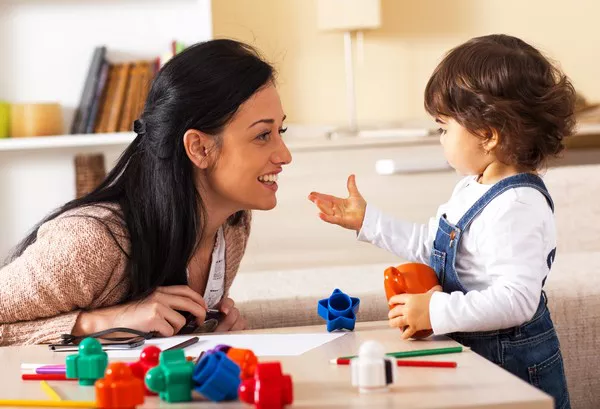Early childhood education plays a pivotal role in shaping a child’s future, and at the heart of it lies pedagogy. But why is pedagogy important in the early years of a child’s life? In this article, we will delve into the significance of pedagogy in early childhood education and explore the various aspects that make it a critical component of a child’s development journey.
1. Building Strong Foundations
Pedagogy in early years lays the foundation for a child’s lifelong learning journey. It encompasses the teaching methods, strategies, and approaches used by educators to facilitate a child’s cognitive, emotional, and social development.
A well-structured pedagogical framework helps children acquire essential skills and knowledge, preparing them for a successful transition to formal education.
Research shows that children who receive quality early childhood education with a strong pedagogical focus are more likely to perform well academically in later years.
Effective pedagogy ensures that children are introduced to age-appropriate concepts and skills, fostering a love for learning from an early age.
2. Fostering Social and Emotional Growth
Early childhood is a crucial period for the development of social and emotional skills. Pedagogy in the early years places a strong emphasis on creating a supportive and nurturing environment where children can develop these skills.
Through group activities, play-based learning, and interactions with peers and educators, children learn to manage their emotions, build positive relationships, and develop empathy.
Quality pedagogy focuses on addressing each child’s unique needs and promoting a sense of belonging and self-worth.
The development of social and emotional skills at this stage is linked to improved mental health and overall well-being in adulthood.
3. Encouraging Active Exploration and Inquiry
Effective pedagogy encourages children to be active learners who explore, question, and experiment. It promotes curiosity and critical thinking.
In early childhood education, pedagogy includes providing children with hands-on experiences and opportunities for self-directed learning.
Educators use open-ended questions to stimulate children’s thinking, encouraging them to explore the world around them and develop problem-solving skills.
Research indicates that pedagogical approaches that promote active engagement and inquiry result in better academic outcomes and a deeper understanding of concepts.
4. Nurturing Creativity and Imagination
Creativity and imagination are essential aspects of a child’s development, and pedagogy in the early years recognizes their significance.
Educators employ various methods such as storytelling, art, music, and role-play to stimulate creativity and imagination in children.
By fostering creativity, pedagogy helps children express themselves, think outside the box, and develop innovative problem-solving skills.
Creative thinking nurtured in early childhood often translates into a child’s ability to approach challenges with creativity and adaptability in later life.
5. Building a Lifelong Love for Learning
Perhaps one of the most crucial roles of pedagogy in early years is instilling a lifelong love for learning.
When children experience joyful and meaningful learning experiences during their early years, they are more likely to become enthusiastic, self-motivated learners as they grow older.
Effective pedagogy makes learning enjoyable and relevant, connecting it to children’s interests and experiences.
Studies show that children who have positive early learning experiences are more likely to pursue higher education and achieve academic success.
6. Enhancing Future Success
The importance of pedagogy in early childhood education cannot be overstated when it comes to setting the stage for future success.
Children who benefit from quality pedagogical approaches in their early years tend to have higher levels of educational attainment, better employment prospects, and improved overall well-being.
Early childhood education with a strong pedagogical foundation contributes to breaking the cycle of poverty, reducing achievement gaps, and promoting social equity.
In conclusion, pedagogy in early childhood education is of paramount importance in shaping the trajectory of a child’s life. It is not merely about teaching; it’s about creating a nurturing and stimulating environment where children can thrive academically, socially, emotionally, and creatively. The significance of pedagogy in the early years lies in its ability to build strong foundations, foster holistic development, encourage active exploration, nurture creativity, and ultimately set the stage for a lifetime of learning and success.


